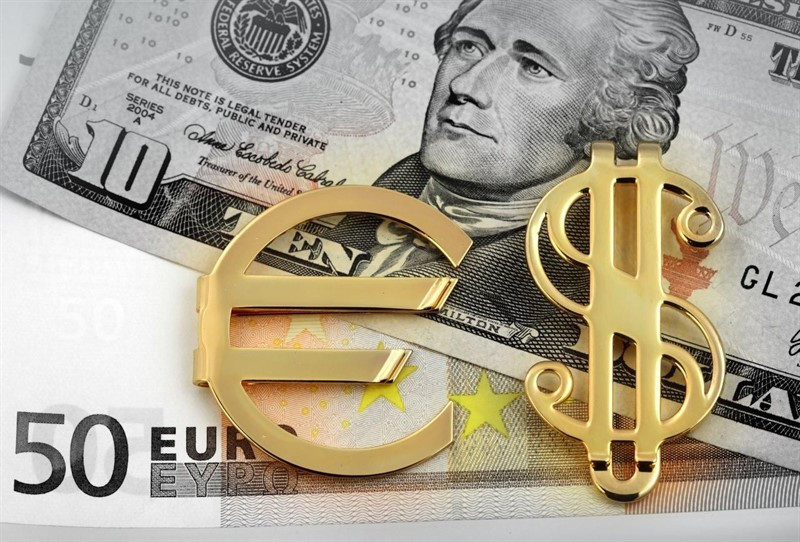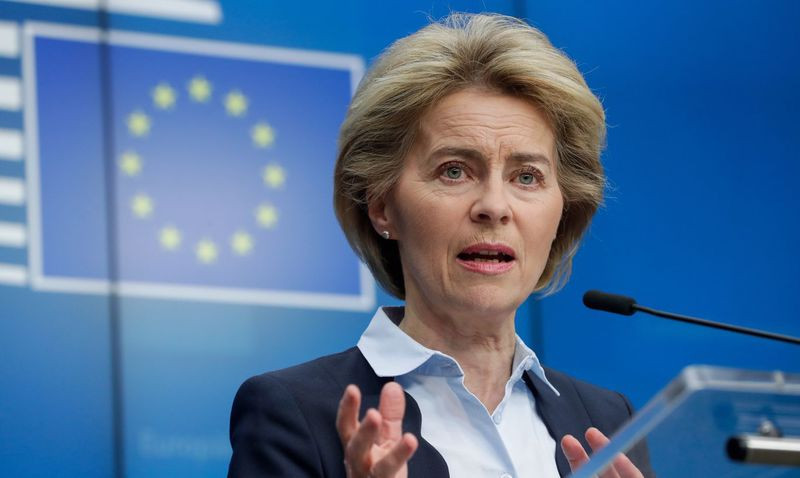
Time is running out before the US presidential elections scheduled for next Tuesday. This will be an important event for both the country and the financial markets. The stakes are high, and the outcome of the election is still unpredictable. This explains the reduced risk appetite of investors and the increased demand for protective assets.
On Wednesday, the greenback rose against most major currencies.
The US dollar index rose more than 0.6 percent, rising above the level of 93.6 points.
Recent opinion polls show that Donald Trump still lags behind his rival Joe Biden in the election race, however, the possibility of a repeat of the events of four years ago does not give investors peace of mind.
D. Trump lost almost 3 million votes in 2016, but won, winning in several key states.
However, the current bout of anxiety in the markets is not only due to pre-election uncertainty in the United States.
Hopes for a new package of measures to support the US economy before the presidential election were dashed after Senate majority leader Mitch McConnell said that the Upper House of Congress will not resume work until November 9.
Market participants are forced to reduce previously occupied positions due to concerns about the deterioration of the epidemiological situation in the Old and New World.
Although the dynamics of COVID-19 infections are really frightening, however, the mood of investors is not so much affected by the virus itself, but by the restrictive measures associated with it.
"The prospects for a slowdown in the global economic recovery due to the introduction of new restrictive measures in Europe, as well as possible shocks associated with the US election, significantly worsened the risk-return ratio of growth assets," Unigestion experts said.
They warn that the spread of lockdowns to the US will radically worsen the situation.
"In the event of a stock market collapse, the USD exchange rate may grow much stronger than many expect," Unigestion believes.
Although the number of COVID-19 cases is growing in both the US and the EU, the reaction of the European and US currencies is different. Demand for the safe-haven dollar has increased, while the euro has come under pressure.

According to the head of the European Commission, Ursula von der Leyen, there will be an increase in the incidence of coronavirus in the EU in the next two to three weeks.
It calls on European governments to step up their coordinated response to the pandemic.
Against this background, the EUR/USD pair updated its weekly lows around 1.1720.
"Concerns that Europe is plunging into a cycle of weak economic growth, negative rates, and deflation will be at the heart of the ECB's discussions this week," the Financial Times reports.
The next meeting of the European Central Bank will be held on Thursday. Given recent events, the regulator has no choice but to prepare the ground for further policy easing this year.
The deposit rate in the Eurozone is -0.50%. Its further decline will have a minor impact on the region's economy and may harm banks.
According to experts, the easier way for the ECB will be to expand the emergency asset purchase program in the context of a pandemic (PEPP).
The regulator is expected to increase the volume of the current quantitative easing program by €500 billion to €1.8 trillion.
A new spike in coronavirus cases in the EU and retaliatory restrictive measures, including curfews in France, Italy, and Spain, pose the threat of a second recession.
All of this will prompt the ECB to either act at the next meeting or hint at the action at the next. ECB chief Christine Lagarde may announce a rate cut, as well as an expansion of the PEPP program. This will lead to a further decline in the EUR/USD pair.
 English
English 
 Русский
Русский Bahasa Indonesia
Bahasa Indonesia Bahasa Malay
Bahasa Malay ไทย
ไทย Español
Español Deutsch
Deutsch Български
Български Français
Français Tiếng Việt
Tiếng Việt 中文
中文 বাংলা
বাংলা हिन्दी
हिन्दी Čeština
Čeština Українська
Українська Română
Română

